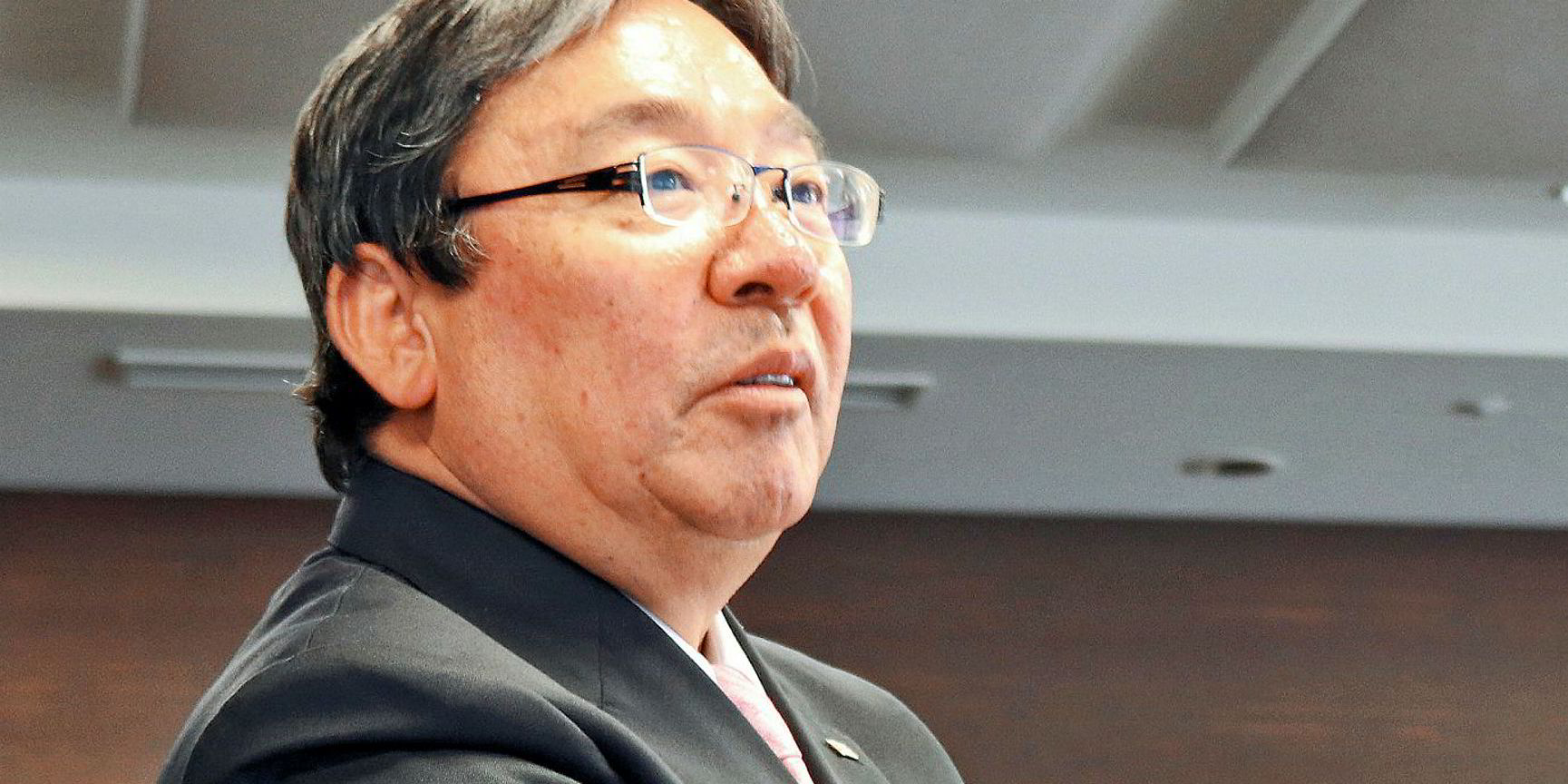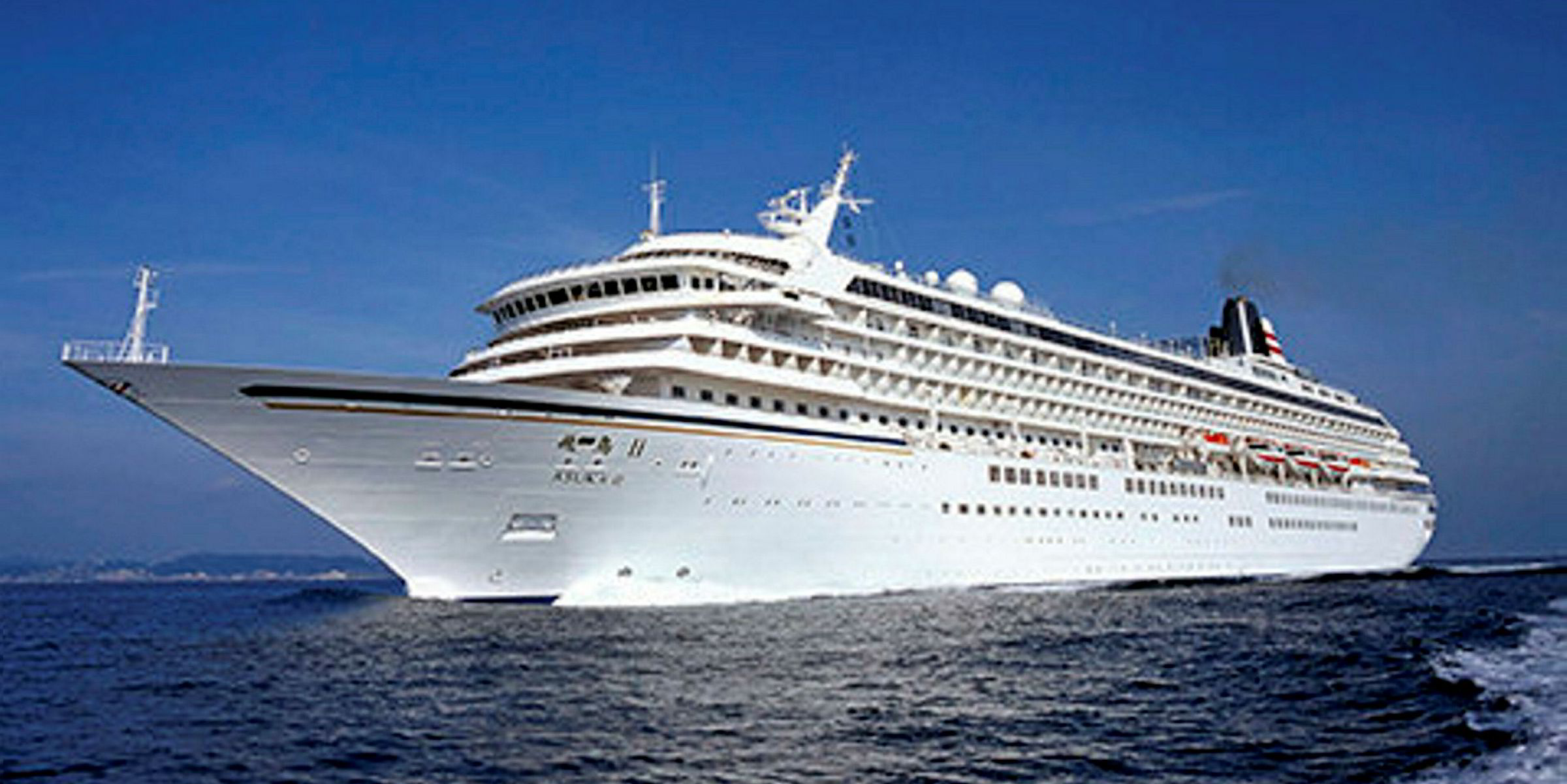NYK Line looks set to resume the reduction of its chartered-in fleet following its frank assessment of the effect Covid-19 will have on its business this year.
The impact of the coronavirus is expected to be “immense” and wipe between ¥50bn ($464m) and ¥60bn from its results, it said on Monday.
Its total fleet shrank by just six ships to 751 vessels overall in the last financial year. This contrasts with the previous year when the fleet was reduced by 40 vessels.
As with most of the biggest Japanese shipowners, NYK's largest exposure to chartered tonnage is in the dry bulk sector.
At the end of fiscal year 2020, chartered-in bulkers accounted for 68% of the 361 capesizes, panamaxes and handysizes that it controls.
The reform of its dry bulk business to withstand market volatility is one of the key aspects of NYK’s latest medium-term management plan.
Over the last two financial years, it has seen a 15% increase in consecutive voyage charters and contracts of affreightment with charters of more than two years.
It has also reduced the exposure of its medium to long-term chartered-in tonnage to short-term fixtures, to just 28% versus 35% two years ago.
NYK’s car carrier fleet has shrunk by eight vessels over the past two years, but it could be in for further reductions this year.
The shipowner said cargo volumes have fallen rapidly since April and that it is anticipating a year-on-year decline of about 50% in the first quarter.
At the end of the financial year, its fleet comprised 111 vessels, of which chartered-in tonnage accounted for 73 vessels — or more than 65% of the fleet.
While it said it expected cargo volumes to gradually recover from the second quarter, it is considering reducing the size of its fleet, either through ship sales or scrapping.
One sector that been spared any cutbacks is LNG carriers — with the fleet currently standing at 78 ships, 75 of which are owned and three are chartered in.
However, NYK’s long-term plan calls for the size of the fleet to increase by another 19 vessels to 97 gas carriers by the end of fiscal year 2022.
It currently has nine vessels on order, all contracted on the back of long-term employment from the likes of Total, Mitsubishi Corp, EDF and Edison.






